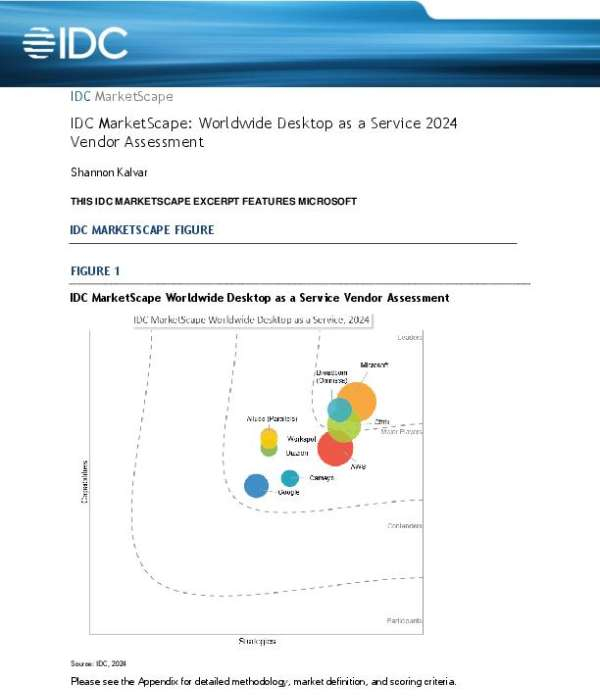
Longer than you’re able to remember, slower than e-mail needed to reset them, able to make you tear your hair out in a single pull. LOOK! On your monitor, it’s a letter, it’s a number, it’s a symbol, its…capitalized? It’s our blog entry about PASSWORDS!
Never has a conversation been more dreaded and necessary than the Password talk. Well… maybe the birds and the bees talk, but let’s leave that for a different day… and a different blog. Passwords are now as much a part of your life as death and taxes. By some estimations, American internet users enter an average of 10 separate passwords a day and that number only goes up depending on how much online usage said user performs. Have an iPhone? Well, that’s an additional 3 passwords just to get the thing running with icloud and the App store! Do you use Facebook? Even just a little bit? Well….Ok you get the idea.
Passwords are the gateway to our entire online lives and much like real life they are a complete and total balancing act. Make them too simple and say hello to identity theft. Make them too complex and they become useless.
Remember some recent news:
* Guarding your iCloud from hackers
A good password policy is essential to running an efficient IT infrastructure.
Beyond the balancing act mentioned before, a good rule of thumb is that the fewer people who know or transmit the password, the better off you will be. For example, never allow passwords to be transmitted electronically unless they are going to be changed on the spot. Only allow your IT staff to change passwords, never see them. This way, if a computer is compromized, your IT staff can feel confident that any changes made by them can be tracked. Most directory programs come with this feature preinstalled which allows for the proper setup and accounting of password changes.
The same balancing act applies with all methods used to manage passwords including the infamous apple keychain. Some companies are experimenting with password management through biometric data such as an eye scan or a fingerprint.
However, it is important to remember that if it can be digitized, it can be copied and unlike classic ASCII passwords, biometric data cannot be changed. So, the eternal question remains…how much security do you wish to sacrifice for the sake of convenience?
For the sake of our readers, here are some recommendations to try to maintain that balance:
* How to Create a Password You Can Remember
* How to create strong passwords
Ludovic Levivier
Founder & CEO, LINC Project, INC. a Managed Service Provider in New York and San Francisco



.png?width=306&height=50&name=Logo_width.jpg(2).png)


